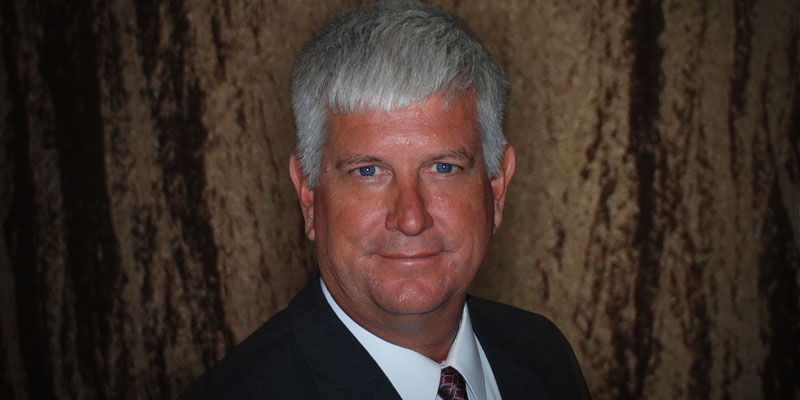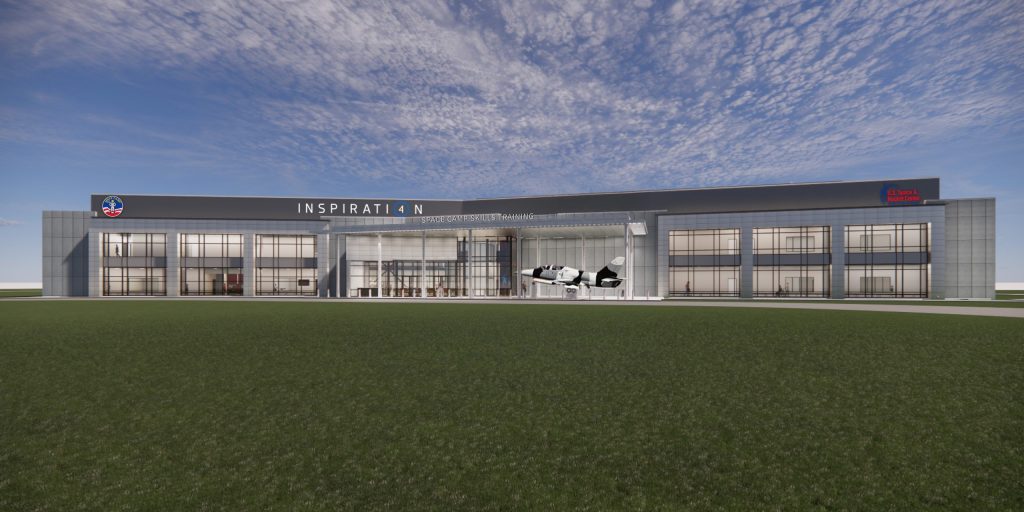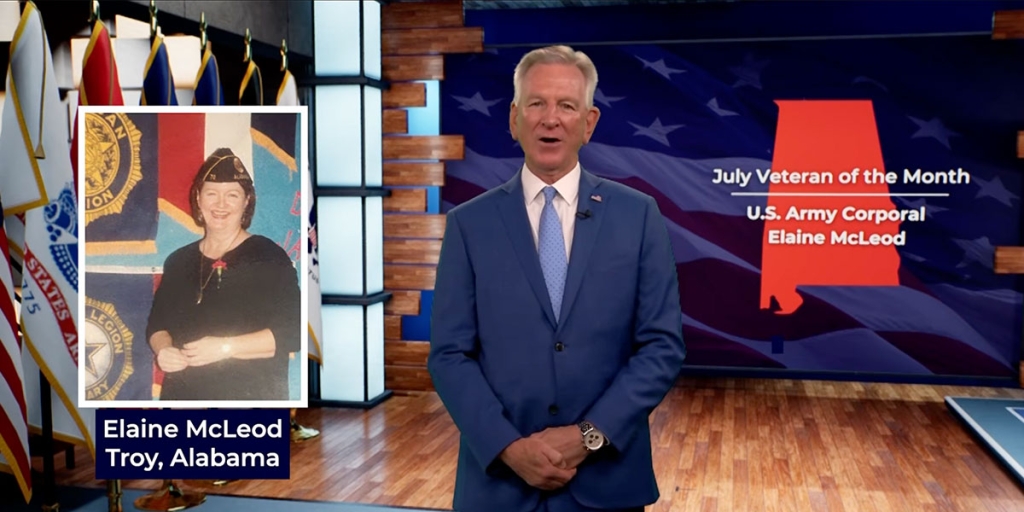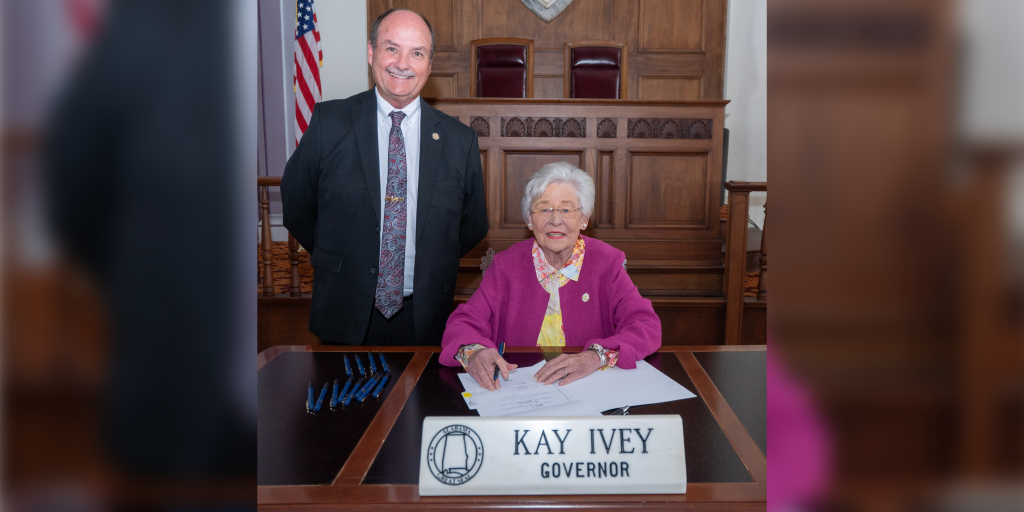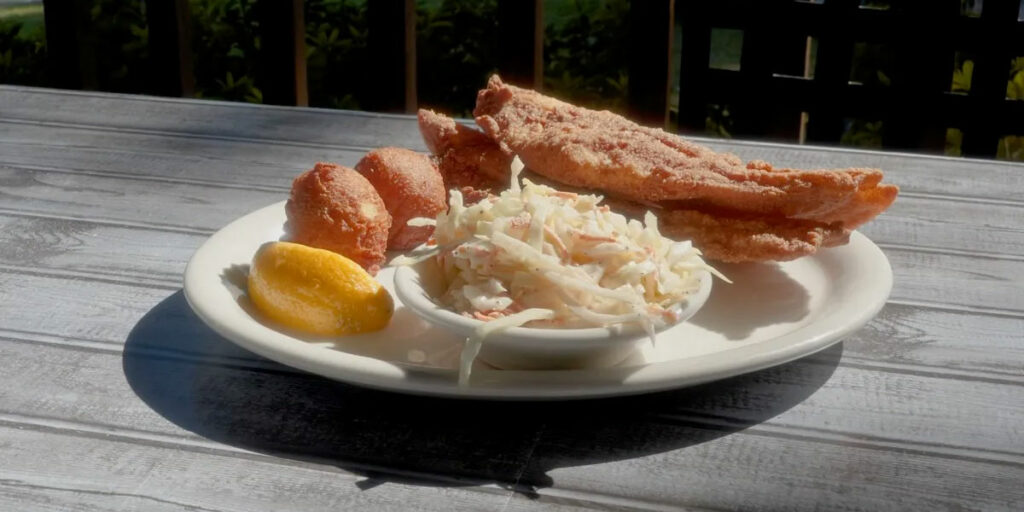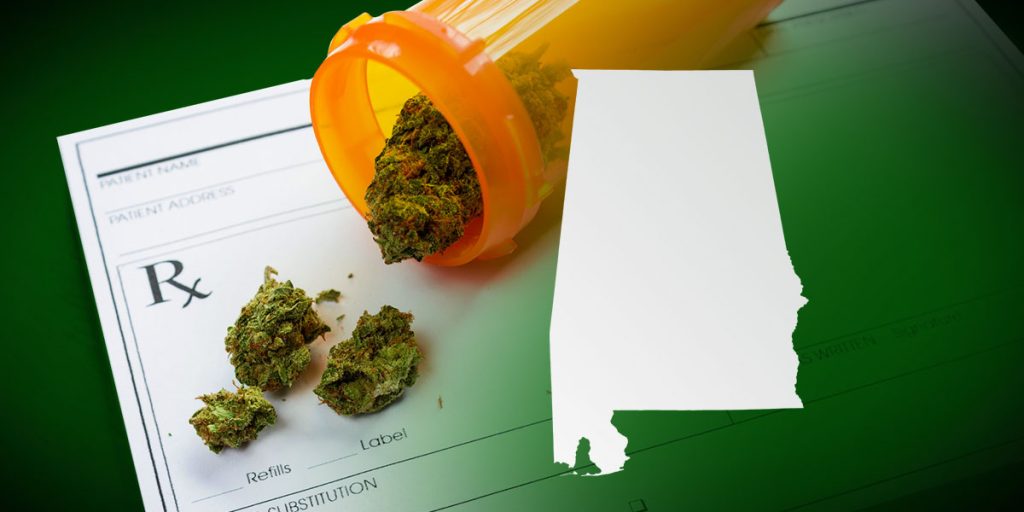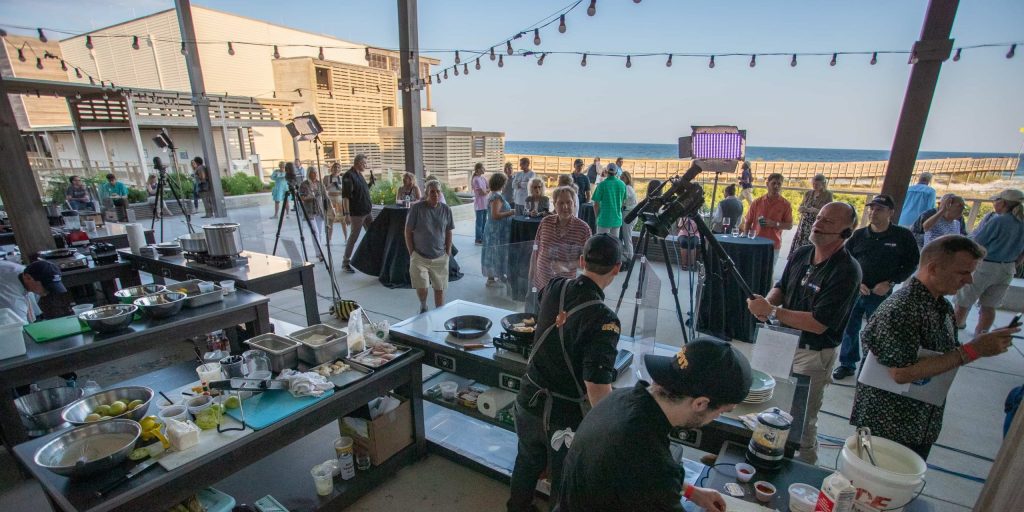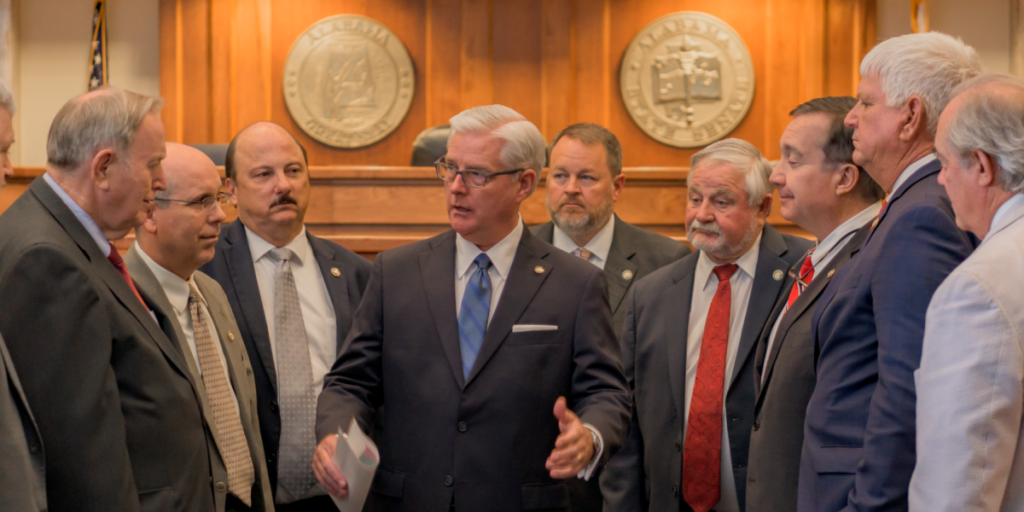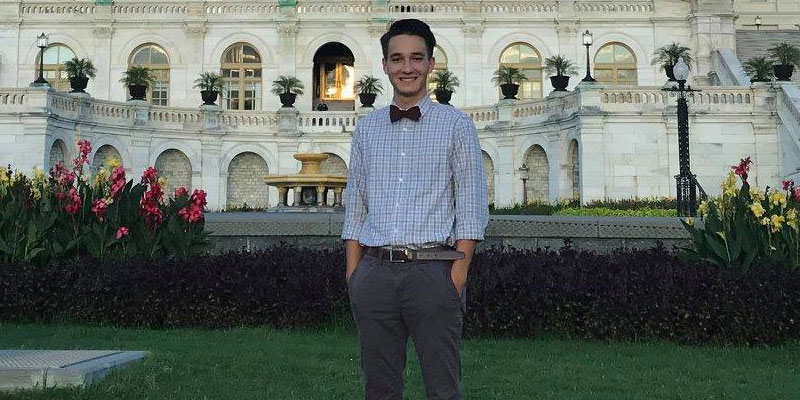The coronavirus pandemic has seemingly had an impact on every aspect of Alabama’s economy, and the state’s seafood industry is not immune.
Much like the disparity in cattle and beef prices, which is due in part to measures implemented to mitigate COVID-19’s spread, including the closures of restaurant dining areas, a similar phenomenon is underway in seafood.
Tuesday during an appearance on Huntsville radio WVNN’s “The Jeff Poor Show,” State Sen. David Sessions (R-Grand Bay), whose district includes the seafood industry-heavy Bayou La Batre, discussed how the price of staples like oysters and shrimp had taken a hit as a result of the slow-up in demand.
“It really has,” Sessions explained. “I know I have some oyster farmers that depend on the high-end oysters that go to these restaurants like Wintzell’s or Acme Oyster House in New Orleans, and those places. You know, they’ve just been totally shut out of that market for the past two months. They’ve been doing their best in trying to sell them to wholesalers in other areas for home use and stuff like that.”
“Oysters and shrimp are just not something people will eat at home like chicken or beef or pork,” he continued. “It’s been really hard on these guys. I’m really hoping from the monies that we have, the state of Alabama — these small businesses really get looked at and get taken care of. We really need those small businesses in this state. It is critical that our small businesses survive this and come back and come back strong.”
Sessions added that although there was not as much activity in the marketplace regarding agricultural goods given the time of year, commodity prices have also taken a hit. He noted that the price of cotton was “30 cents below break-even,” which he tied to the push underway to bring back elements of manufacturing that left Alabama in the 1990s. That included the piecemeal departure of Vanity Fair from Monroeville and surrounding areas.
“There is a lot of raw cotton grown in Alabama, but it is unfortunately shipped to China,” he explained. “There are a lot of textile mills in China. I certainly hope this will wake this country and this state up, and someone will start investing in bringing some of this industry back to the United States. We saw what happened with the PPE equipment — manufactured in China. All the cloth — it’s just, being from Alabama, I don’t know what portion of Alabama you’re from. But Monroeville, Alabama used to have some very large Vanity Fair factories.”
“It’s basically a ghost town,” Sessions added.
@Jeff_Poor is a graduate of Auburn University and the University of South Alabama, the editor of Breitbart TV, a columnist for Mobile’s Lagniappe Weekly and host of Huntsville’s “The Jeff Poor Show” from 2-5 p.m. on WVNN.




